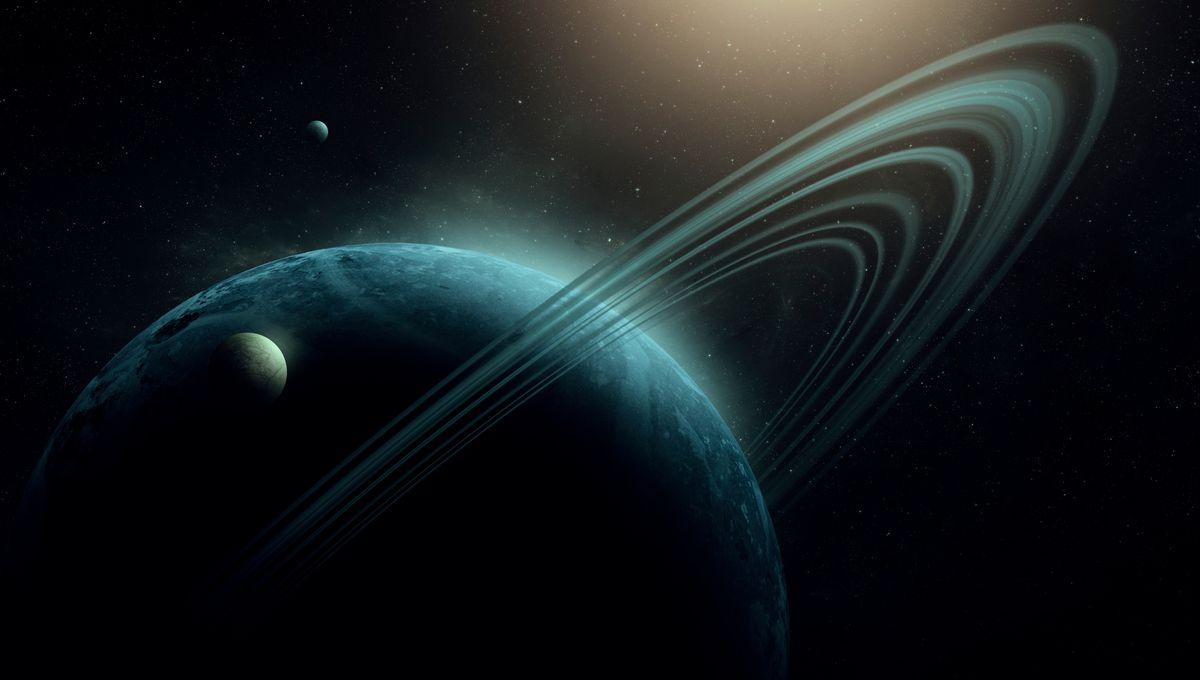It is often remarked upon that the distribution of rings and moons around the giant planets of the Solar System – Jupiter, Saturn, Uranus, and Neptune – are themselves like miniature solar systems. Now, researchers think that giant planets outside our Solar System, too, might build their own personal collections of moons.
In interstellar space travel you would come across find free-floating planets – worlds that formed around stars, but were kicked out in the gravitational tug-of-war that happens in the formative years of any star system. Research has previously found that it is possible for these free-floating planets to hold onto some of the primordial material from which they formed, keeping it as a disk for at least several million years. The new work used observations from JWST to look at eight young isolated objects with masses 5-10 times the mass of Jupiter. The objects are young, something that researchers can tell because they are still hot even though they are not anywhere near a star. Six of these objects have emission consistent with the presence of a dusty disk around them. “Taken together, these studies show that objects with masses comparable to those of giant planets have the potential to form their own miniature planetary systems. Those systems could be like the Solar System, just scaled down by a factor of 100 or more in mass and size. Whether or not such systems actually exist remains to be shown,” Dr Aleks Scholz, the Principal Investigator of the project, said in a statement. It is difficult to study free-floating objects as they are very dim, being very cold and very small. Still, the power of JWST delivered these interesting insights. While no moon was found around these free-floating worlds (is moon even the right word?), researchers were able to see the emission of silicate grains, suggesting that the dust is growing into larger crystals. That is usually a crucial step to the formation of planets around stars. “These discoveries show that the building blocks for forming planets can be found even around objects that are barely larger than Jupiter and drifting alone in space. This means that the formation of planetary systems is not exclusive to stars but might also work around lonely starless worlds,” lead author Dr Belinda Damian from the University of St Andrews explained. The study has been accepted for publication in The Astronomical Journal, and it is available on the arXiv.





